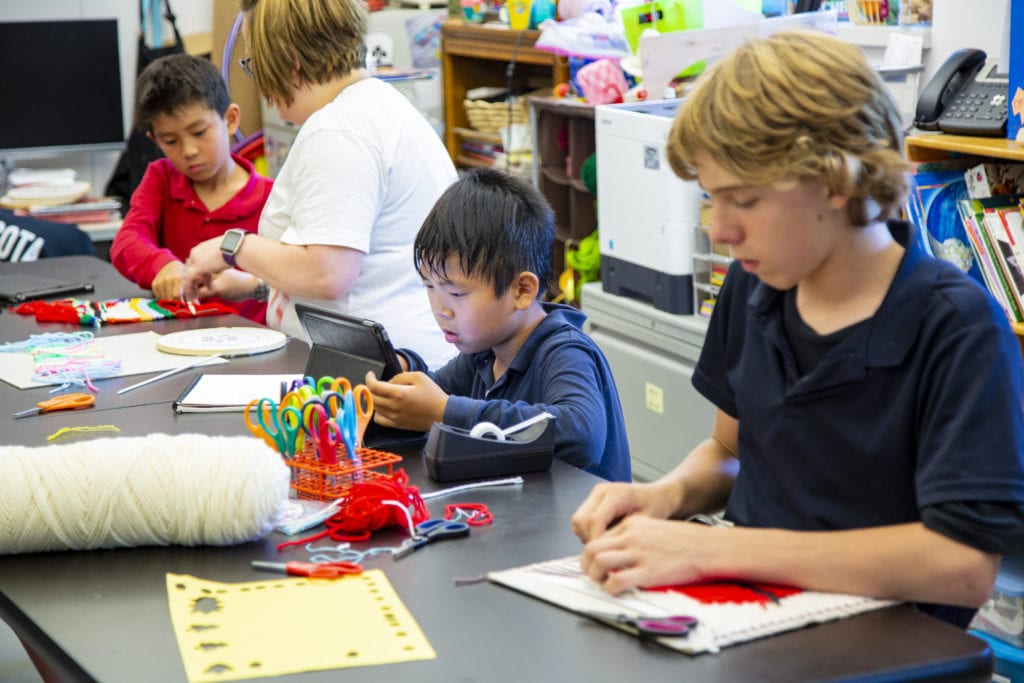
Instilling Grit in Children: What, Why, and How
May 25th, 2018
Instilling Grit in Children
Grit has become a standard in the education vernacular. Representing the ability to persevere when faced with obstacles, grit has been deemed a key determinant in predicting a child’s future success.
The term ‘grit’ was popularized by Angela Lee Duckworth, a distinguished professor of psychology at the University of Pennsylvania. Her belief is that if students can learn to persevere at a young age, they will continue to be tenacious when faced with challenges later in life. She also contends that when students respond to failure with determination and passion, they may be more successful in attaining their goals, even compared to those with equal or higher intelligence, but less grit.
Exploring the Research
Duckworth’s research includes studies that examine the connection among grit, self-control, and future accomplishments in different settings. For example, she looked at how these qualities correlated with the ability of new cadets to survive basic training at West Point, how they helped National Spelling Bee contestants make it to the final round, and how they helped students in Chicago graduate high school, regardless of their standardized test scores or their IQ results.
In these and other situations, Duckworth and her colleagues found that people with higher levels of grit and self-control were more likely to persevere under challenging conditions and to continue pursuing their goals. This is a significant finding, because for a long time, intelligence was considered the key to success. Intelligence “is probably the best-measured trait that there is in all of human psychology,” says Duckworth. “We know how to measure intelligence in a matter of minutes.” But intelligence leaves a lot unexplained, thus bringing grit into focus.
Growing Through Failure
With this new understanding of grit in mind, more educators are beginning to see failure as an opportunity to help kids work harder and develop growth mindsets. Students with growth mindsets feel that ability can be developed through hard work and learning, and see failure as an inevitable result of trying new things. As a result, these growth-minded students try new challenges, take good risks, and use effort as a path to mastering competencies.
Taking Advantage of Opportunities
At Selwyn, we understand that parents and educators can be influential factors in motivating children to confront challenges. This is essential, because while there are benefits to failure, the lessons learned really emerge from how your child handles a situation—picking themselves back up—and not from the experience of failing in the first place. As seen is Ms. Bickham’s Chemistry Lab, the ‘Failure is always an option’ sign, reminds students that there is more than one way to handle a situation.
The best part of the research on grit is that, if Duckworth is correct, the skills your child develops at Selwyn by working hard in an academic setting, managing failure, and staying strong and focused are the ones that will contribute to their future success.
Want to learn more on how we cultivate growth mindsets through teaching grit in the classroom? Contact us today.


